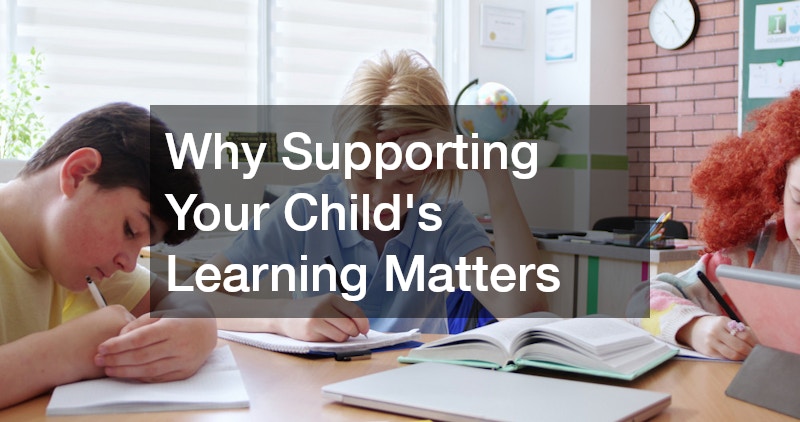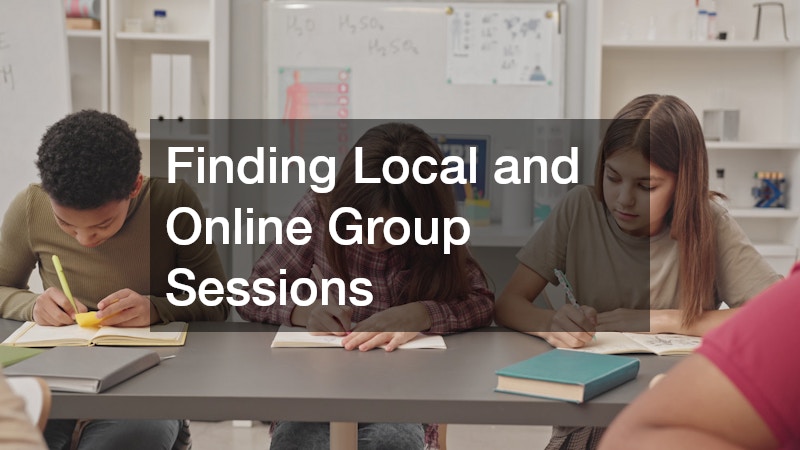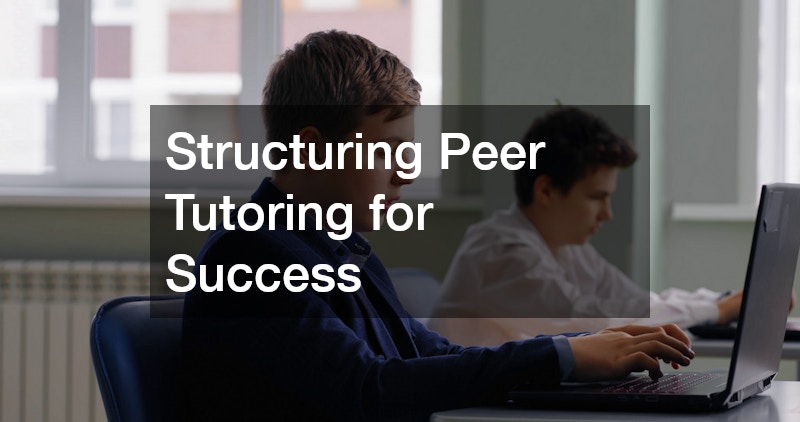In today’s fast-paced world, parents are constantly seeking ways to support their child’s learning journey. From finding the right educational resources to setting realistic goals, the role of parenting in education is crucial. This article will explore the importance of supporting your child’s learning, identifying their academic strengths and weaknesses, utilizing tools to pinpoint learning needs effectively, setting a realistic tutoring budget, prioritizing subjects for maximum impact, and much more. By practicing realistic parenting and taking advantage of available resources, parents can help their children thrive academically and reach their full potential.
Why Supporting Your Child’s Learning Matters

When it comes to supporting your child’s learning, attending a local summer camp can provide valuable educational experiences outside the classroom. Engaging in activities such as outdoor adventures, arts and crafts, and sports can enhance your child’s social and cognitive skills while having fun. Realistic parenting involves recognizing the importance of hands-on learning opportunities like summer camps to supplement traditional education.
Another crucial aspect of helpful parenting is understanding that each child has unique learning needs. Enrolling your child in a private preschool that offers individualized attention and tailored educational programs can help identify and address their specific strengths and weaknesses. By fostering a supportive learning environment, parents can lay the foundation for academic success.
In addition, helpful parenting entails acknowledging that children have different interests and talents. Enrolling your child in extracurricular activities like musical theater classes can uncover hidden talents and boost confidence. Supporting your child’s diverse interests not only enhances their learning experience but also helps them develop a well-rounded personality.
Identifying Your Child’s Academic Strengths and Weaknesses
As part of helpful parenting, it is essential to identify your child’s academic strengths and weaknesses early on. Enrolling your child in a private preschool that focuses on comprehensive assessments can help pinpoint areas where they excel and areas that need improvement. By understanding your child’s academic profile, you can tailor their learning experience to meet their individual needs.
Realistic parenting involves seeking professional guidance to accurately assess your child’s academic abilities. Consulting with educators and learning specialists at the preschool can provide valuable insights into your child’s learning style and preferences. By collaborating with experts, parents can devise effective strategies to support their child’s academic growth.
Furthermore, helpful parenting includes advocating for additional support if necessary. If your child shows signs of struggling in a particular subject, seeking intervention early on can prevent further academic challenges. By proactively addressing learning difficulties, parents can empower their child to overcome obstacles and succeed academically.
Tools to Pinpoint Learning Needs Effectively
Incorporating tools to pinpoint your child’s learning needs effectively is a vital aspect of realistic parenting. Enrolling your child in musical theater classes, for example, can enhance their creativity and self-expression. Through performing arts activities, children can develop communication skills, teamwork, and confidence, which are essential for academic success.
Utilizing technology in education is another valuable tool for pinpointing your child’s learning needs. Educational apps and online resources can provide personalized learning experiences tailored to your child’s interests and abilities. By leveraging digital tools, parents can supplement traditional learning methods and make education more engaging and interactive.
Moreover, involving teachers and educational professionals in assessing your child’s learning needs can provide valuable insights. Collaborating with educators to analyze your child’s academic progress and challenges can help tailor their learning experience. By utilizing a combination of tools and resources, parents can create a supportive environment that meets their child’s individual learning needs.
Setting a Realistic Tutoring Budget

When considering tutoring options for your child, setting a realistic budget is essential for effective financial planning. Investing in your child’s education through early childhood education programs can lay a strong foundation for academic success. Realistic parenting involves prioritizing educational expenses while ensuring that quality tutoring services are accessible.
Exploring different tutoring options within your budget can help you find the right fit for your child’s learning needs. Learning centers that offer individualized tutoring programs can provide targeted support in specific subjects. By comparing costs and services, parents can make informed decisions that align with their financial resources.
Additionally, helpful parenting includes seeking cost-effective tutoring solutions that meet your child’s academic goals. Finding affordable options such as group tutoring sessions or peer tutoring can provide effective support without straining your budget. By setting clear financial goals and exploring various tutoring avenues, parents can ensure that their child receives the necessary academic assistance.
Prioritizing Subjects for Maximum Impact
As part of helpful parenting, prioritizing subjects for maximum impact is crucial in supporting your child’s academic development. Identifying your child’s strengths and weaknesses in different subjects can help you focus on areas that require additional attention. By emphasizing key subjects that align with your child’s academic goals, parents can optimize their learning experience.
Realistic parenting involves acknowledging that children may excel in certain subjects while facing challenges in others. Learning centers that offer subject-specific tutoring programs can provide targeted support in areas of difficulty. By prioritizing subjects based on your child’s individual needs, you can enhance their learning outcomes and academic performance.
Furthermore, fostering a positive attitude towards learning can influence your child’s engagement and motivation in different subjects. Encouraging a growth mindset and celebrating small achievements can boost your child’s confidence and interest in learning. By prioritizing subjects strategically and creating a supportive learning environment, parents can help their child succeed academically.
Exploring the Benefits of Group Tutoring
Engaging in group tutoring sessions can offer numerous benefits for your child’s academic growth. Enrolling your child in a daycare center for infants that provides group tutoring opportunities can enhance their social and collaborative skills. By working with peers in a supportive environment, children can learn from each other and build strong relationships.
Realistic parenting involves recognizing the advantages of group tutoring in promoting teamwork and communication skills. Collaborating with classmates in learning centers can create a sense of community and shared learning experience. By participating in group activities, children can develop important social and academic skills that are essential for their overall development.
Moreover, group tutoring can provide a cost-effective alternative to individualized tutoring services. By sharing the learning experience with peers, children can receive support and guidance from multiple sources. Group tutoring offers a dynamic learning environment that encourages collaboration and peer-to-peer learning, fostering a sense of camaraderie and academic growth.
Finding Local and Online Group Sessions

Exploring local and online group tutoring sessions can expand your child’s learning opportunities and provide additional support. Enrolling your child in early childhood centers that offer group tutoring programs can enhance their academic skills while fostering social connections. By participating in group sessions, children can engage with peers and educators in a collaborative learning environment.
Realistic parenting involves seeking group tutoring options that fit your child’s schedule and preferences. Online platforms that offer virtual group sessions can provide flexibility and accessibility for busy families. By finding local and online group sessions that align with your child’s learning needs, parents can supplement their education and enhance their academic performance.
Furthermore, group tutoring sessions can offer a diverse learning experience that exposes children to different perspectives and ideas. Interacting with peers from varying backgrounds and skill levels can broaden your child’s understanding of academic concepts. By participating in local and online group sessions, children can develop essential collaboration and communication skills that are valuable for their future success.
Leveraging Free or Low-Cost Online Resources
Taking advantage of free or low-cost online resources is a practical way to support your child’s learning without overspending. Exploring educational websites and digital platforms can provide access to a wealth of resources and tools for academic development. By leveraging online resources, parents can supplement their child’s education with interactive and engaging learning materials.
Realistic parenting involves seeking affordable online resources that align with your child’s learning goals. Local private elementary schools or educational institutions may offer free access to online learning platforms and digital libraries. By exploring these resources, parents can provide their child with additional support and enrichment opportunities at no extra cost.
Additionally, online resources can cater to different learning styles and preferences, making education more accessible and engaging for children. Interactive games, virtual simulations, and multimedia presentations can enhance your child’s understanding of academic concepts. By incorporating free or low-cost online resources into their learning routine, parents can create a dynamic and enriching educational experience for their child.
Vetting Online Platforms for Quality and Relevance
When exploring online platforms for educational support, it is essential to vet them for quality and relevance. Considering reputable institutions such as montessori schools that offer online tutoring programs can ensure that your child receives high-quality instruction. By conducting thorough research and reading reviews, parents can assess the credibility and effectiveness of online platforms.
Realistic parenting involves prioritizing online platforms that align with your child’s learning needs and preferences. Choosing platforms that offer interactive and engaging content can enhance your child’s motivation and interest in learning. By vetting online platforms for quality and relevance, parents can ensure that their child receives effective educational support tailored to their individual needs.
Moreover, involving your child in the selection process can empower them to take ownership of their learning journey. Encouraging your child to explore different online platforms and providing guidance on choosing the most suitable ones can promote independence and critical thinking skills. By vetting online platforms together, parents and children can make informed decisions that benefit their educational experience.
Considering Peer Tutoring for Cost-Effective Support
Peer tutoring can offer cost-effective support for your child’s academic progress and create a positive learning environment. It can also help reduce the need for costly private tutoring sessions and make learning more engaging. Additionally, peer tutoring encourages regular practice outside of the classroom, reinforcing key concepts. Engaging in summer camp activities that promote peer collaboration and learning can foster teamwork and mutual support. By participating in peer tutoring, children can develop leadership skills and build meaningful relationships with their peers.
Realistic parenting involves recognizing the benefits of peer tutoring in improving academic performance and self-confidence. Encouraging your child to seek help from classmates or friends can enhance their understanding of complex concepts and assignments. By leveraging peer tutoring as a supplement to formal instruction, parents can provide additional support while promoting independent learning habits.
Furthermore, peer tutoring can enhance your child’s communication and social skills, preparing them for future academic and professional endeavors. Building a network of peer tutors can create a supportive community where children can exchange knowledge and insights. By considering peer tutoring as a cost-effective support option, parents can empower their child to succeed academically while fostering meaningful peer relationships.
Structuring Peer Tutoring for Success

Structuring peer tutoring sessions effectively is essential for maximizing learning outcomes and engagement. Setting clear goals and objectives for peer tutoring sessions can ensure that your child stays focused and on track. By establishing a structured timetable and agenda, parents can promote a productive and efficient learning experience for their child.
Realistic parenting involves providing guidance and supervision during peer tutoring sessions to ensure that your child receives valuable support. Monitoring your child’s progress and addressing any challenges or misunderstandings can enhance the effectiveness of peer tutoring. By structuring peer tutoring for success, parents can create a supportive and conducive learning environment for their child.
Moreover, encouraging feedback and reflection after peer tutoring sessions can help your child consolidate their learning and identify areas for improvement. Reflecting on their achievements and challenges with their peers can promote critical thinking and self-assessment skills. By structuring peer tutoring in a way that encourages communication and collaboration, parents can empower their child to take ownership of their learning journey.
Supporting your child’s learning through helpful parenting is essential for their academic success and overall development. By identifying their academic strengths and weaknesses, utilizing tools to pinpoint learning needs effectively, setting a realistic tutoring budget, and prioritizing subjects for maximum impact, parents can create a supportive learning environment that nurtures their child’s growth. Whether through group tutoring, online resources, or peer tutoring, parents can leverage various strategies to enhance their child’s educational experience. By fostering a culture of learning and exploration, parents can empower their child to excel academically and reach their full potential.
